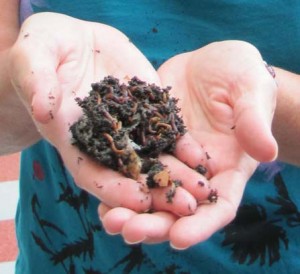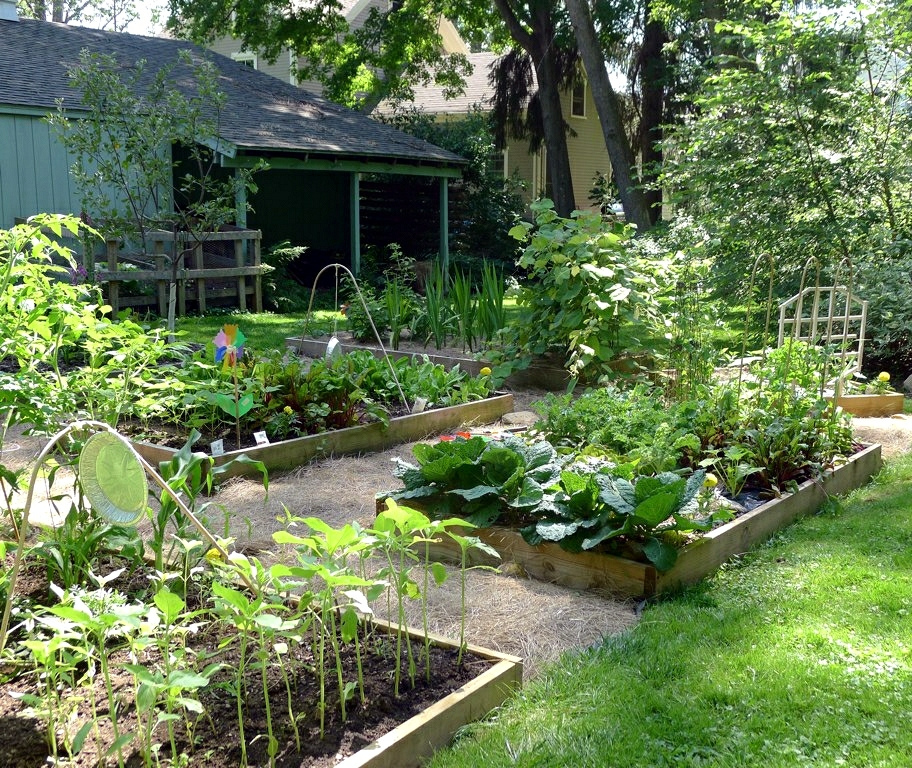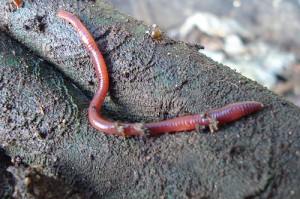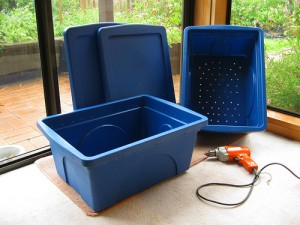
By Katie Perry, CFSA Education Team Intern
According to the Environmental Protection Agency, Americans produce an estimated 36 million tons of food waste each year. This waste is dumped in landfills where it decomposes and releases harmful greenhouse gasses. And yet, all this waste has the potential to produce viable, nutrient-rich soil through composting. Not only can composted waste be used to regenerate compacted, nutrient-poor soils on farms, it also has the potential to diversify revenue for farmers through on-farm composting.
So what does it take to run your own on-farm composting operation? As a part of the upcoming Sustainable Agriculture Conference, CFSA will be hosting a pre-conference workshop that will provide attendees with both a greater understanding of composting, as well as the resources and contacts needed to get a compost operation up and running. In anticipation of this event, I had the opportunity to sit down and discuss the “dirty” details of on-farm compost with Rhonda Sherman, one of the presenters of CFSA’s pre-conference event.
Let’s start with the basics: what is composting and why should we do it?
Composting is the aerobic decomposition of organic materials by microorganisms under controlled conditions into a soil-like substance called compost. During composting, complex organic substances are broken down into simpler substances and produce carbon dioxide, water, minerals, and stabilized organic matter (compost). The process produces heat, which can destroy pathogens (disease-causing microorganisms) and weed seeds. Once they are converted into compost, organic wastes can be used to mulch landscaping, enhance crop growth, enrich topsoil, and provide other benefits.
How can compost byproducts be used on a farm?
Compost can be used as a soil incorporant, mulch, turf or other plant topdressing, an amendment to growing mixes, and a blend with topsoil. Compost can also improve soil structure, reduce fertilizer requirements, improve water infiltration and drought tolerance, reduce soil compaction and crusting, improve root growth and yields, increase microbial and earthworm populations in soil, protect plants from disease, slowly release nutrients to plants, improve nutrient-holding capacity, enhance crop growth, and increase ease of cultivation. Compost can also be used to prevent erosion of hillsides, embankments, and roadsides.
Are there any farms in the area that are already utilizing compost for profit?
Some family farmers have chosen to develop large-scale permitted composting facilities. In the Triangle region, Brooks Compost Facility is a Level 3 permitted facility located on the family’s 375-acre farm. The family owned and managed operation has 20 full-time employees and they service organic materials generated in the Triangle, Triad, Southern Pines and Fayetteville areas. They have collected food waste since 1999 and service over 150 locations. They composted 12,000 tons of commercial food residuals in 2012.
One of the other workshop speakers also created a composting facility in 2006 on his 100-acre farm in Dallas, NC. Jim Lanier’s Earth Farms Organics diverts organic materials from the Charlotte area, including food waste.
What other kinds of aspiring composters would benefit from attending this event?
During this workshop, we will teach more than the average backyard composter needs to know. But anyone who wants to compost their food waste, livestock manure, crop residues, or other materials would benefit from attending this workshop.
How did you get involved in composting?
I have been working with waste management and waste reduction since 1980. In 1993 (when I was hired by NC State University), I began shifting my focus from recycling to composting. I was elected to the US Composting Council and co-founded the National Backyard Composting Program. In 1994, my extension factsheet Worms Can Recycle Your Garbage was so popular that it changed the focus of my work to keep up with public demand. For the past 17 years, I’ve held the only annual Vermiculture Conference. People from 107 countries have contacted me about vermicomposting. In North Carolina, I’ve served on the board of directors of different incarnations of the NC Composting Council. For the past nine years, we have taught a 5-day Compost Operations Training Course on large-scale composting. The hands-on portion of the course is held at my two-acre Compost Learning Lab at NC State.
Any last thoughts?
Composting involves much more than placing organic materials in a pile and letting them decompose. This workshop provides you with not only a greater understanding of composting, but also resources and contacts you need to get started making, managing and using on-farm compost as a value-added product. Topics will include the composting process, various methodologies for creating compost, types of farm-scale equipment, managing your compost system, legal requirements, ensuring product quality, beneficial uses of compost, and application methods. Learn how to set up and manage an effective composting operation!

Interested in learning more about what it takes to establish and operate a successful on-farm composting system? Rhonda is one of six highly experienced and knowledgeable composting professionals who will be hosting CFSA’s On-Farm Compost workshop on November 4th. During this intensive, attendees will also have a chance to learn more about the technical side of on-farm composting, such as the legal requirements and quality monitoring systems that form the foundation of any successful operation. Tickets are still available so don’t miss out on this unique opportunity to learn more about establishing your very own compost operation!







